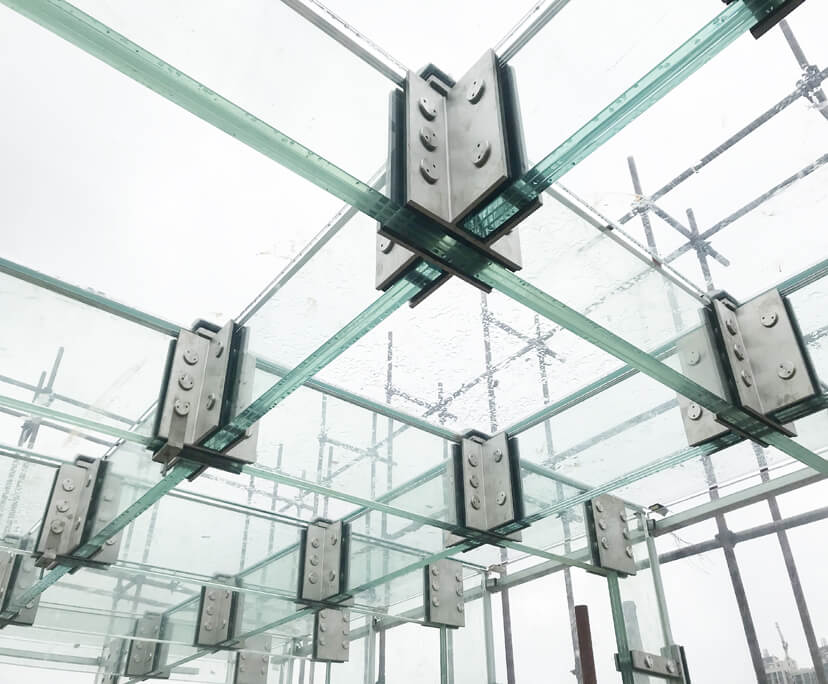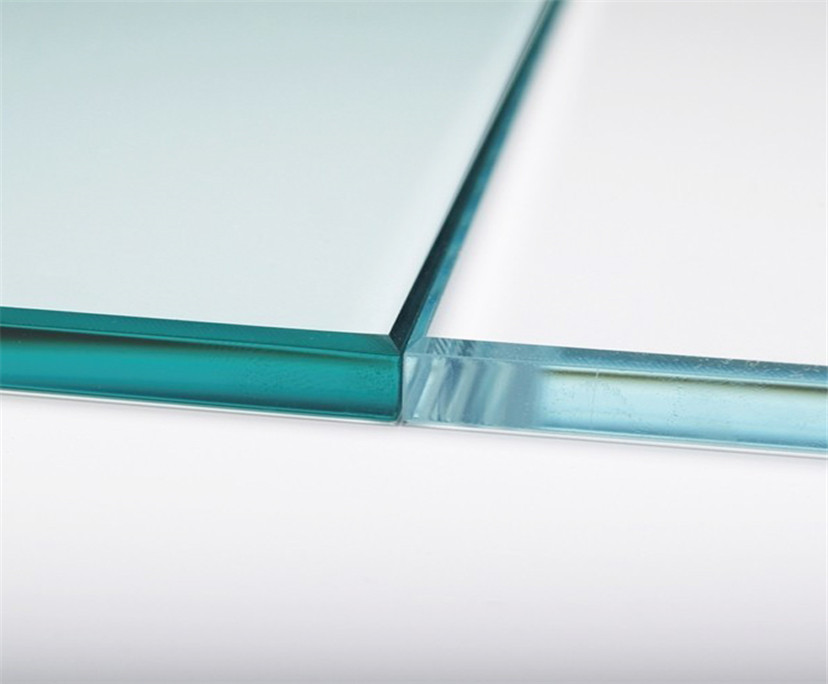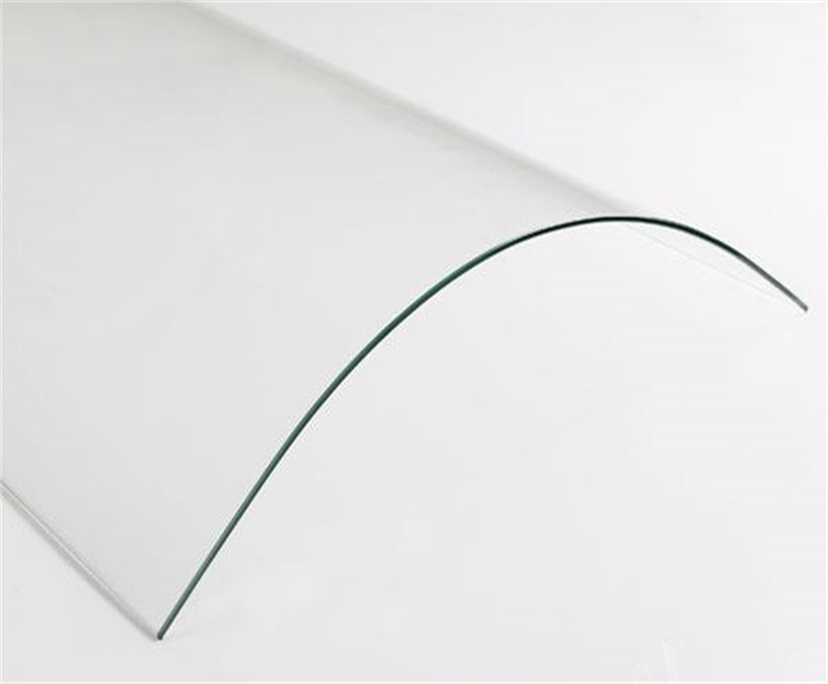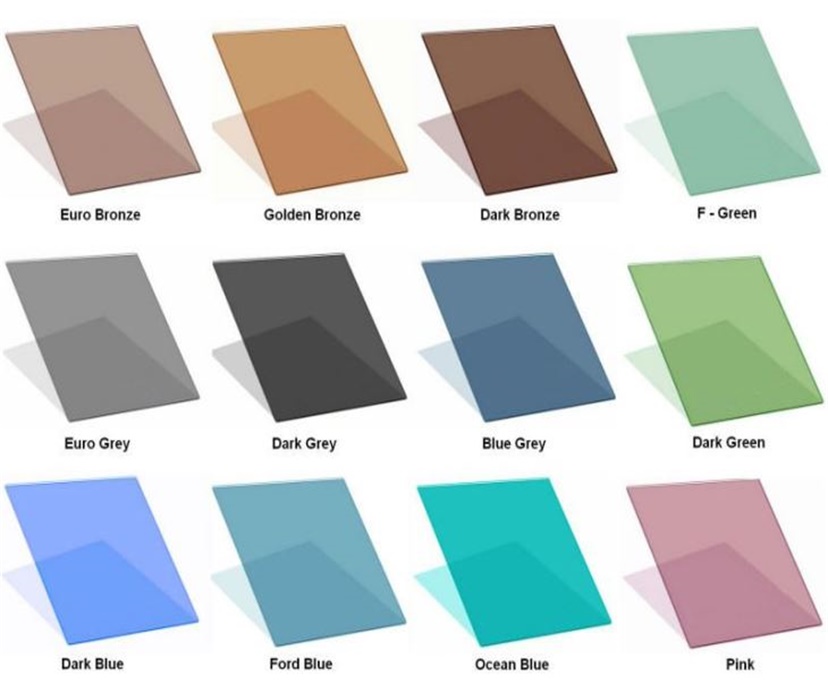Discover the Science Behind Insulated Glass and Its Impact on Energy Savings
Introduction:
In today's world, energy efficiency is a top priority for homeowners and businesses alike. One of the key components in achieving energy efficiency is the use of insulated glass. This innovative technology has revolutionized the way we think about windows and their impact on energy savings. In this article, we will delve into the science behind insulated glass and explore its remarkable benefits in maximizing energy efficiency.
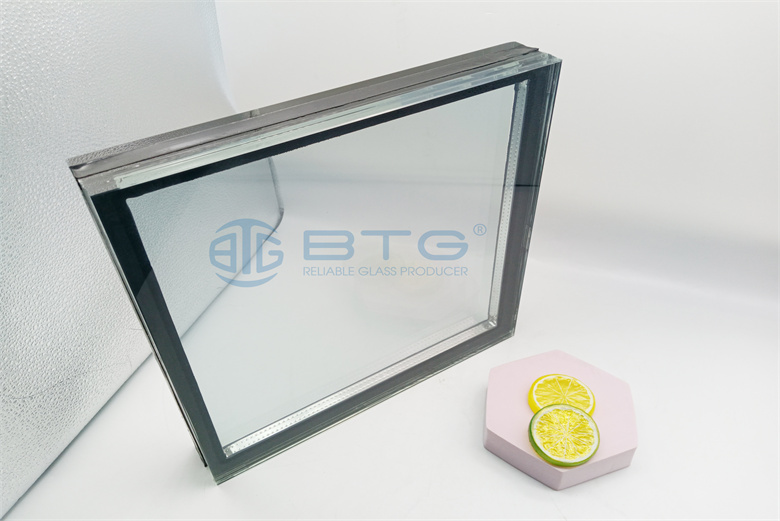
1. Understanding Insulated Glass:
Insulated glass, also known as double glazing or thermal glass, is a specialized type of window that consists of two or more glass panes separated by an insulating spacer. The space between the panes is filled with air or a special gas, such as argon or krypton, which enhances the insulating properties of the glass. This unique design acts as a barrier, reducing heat transfer and preventing energy loss.
2. The Science Behind Energy Savings:
Insulated glass works on the principle of thermal insulation. The air or gas trapped between the glass panes acts as an effective insulator, minimizing the transfer of heat between the interior and exterior of a building. This insulation helps maintain a comfortable indoor temperature, reducing the need for excessive heating or cooling. As a result, energy consumption is significantly reduced, leading to substantial cost savings and a smaller environmental footprint.
3. Enhanced Comfort and Noise Reduction:
Insulated glass not only improves energy efficiency but also enhances comfort by reducing drafts and cold spots near windows. The insulating barrier created by the multiple glass panes helps maintain a consistent temperature throughout the building, ensuring a cozy and comfortable living or working environment. Additionally, the extra layer of glass provides excellent sound insulation, reducing outside noise and creating a peaceful indoor atmosphere.
4. Condensation Control:
Another significant advantage of insulated glass is its ability to control condensation. Condensation occurs when warm, moist air comes into contact with a cold surface, such as a window. Insulated glass minimizes condensation by maintaining a higher interior glass temperature, preventing moisture buildup and potential damage to the window frame and surrounding areas.
5. Environmental Benefits:
By reducing energy consumption, insulated glass plays a crucial role in preserving the environment. The lower energy demand helps decrease greenhouse gas emissions, contributing to the fight against climate change. Furthermore, the enhanced thermal efficiency of insulated glass reduces the reliance on artificial heating and cooling systems, promoting sustainable living practices and a greener future.
Conclusion:
Insulated glass is a remarkable technology that combines science and innovation to maximize energy efficiency. Its ability to reduce heat transfer, enhance comfort, control condensation, and contribute to environmental sustainability makes it an ideal choice for both residential and commercial buildings. By investing in insulated glass, you can enjoy significant energy savings, a comfortable living or working environment, and a positive impact on the planet. Embrace the science behind insulated glass and unlock its potential for a brighter, more energy-efficient future.


